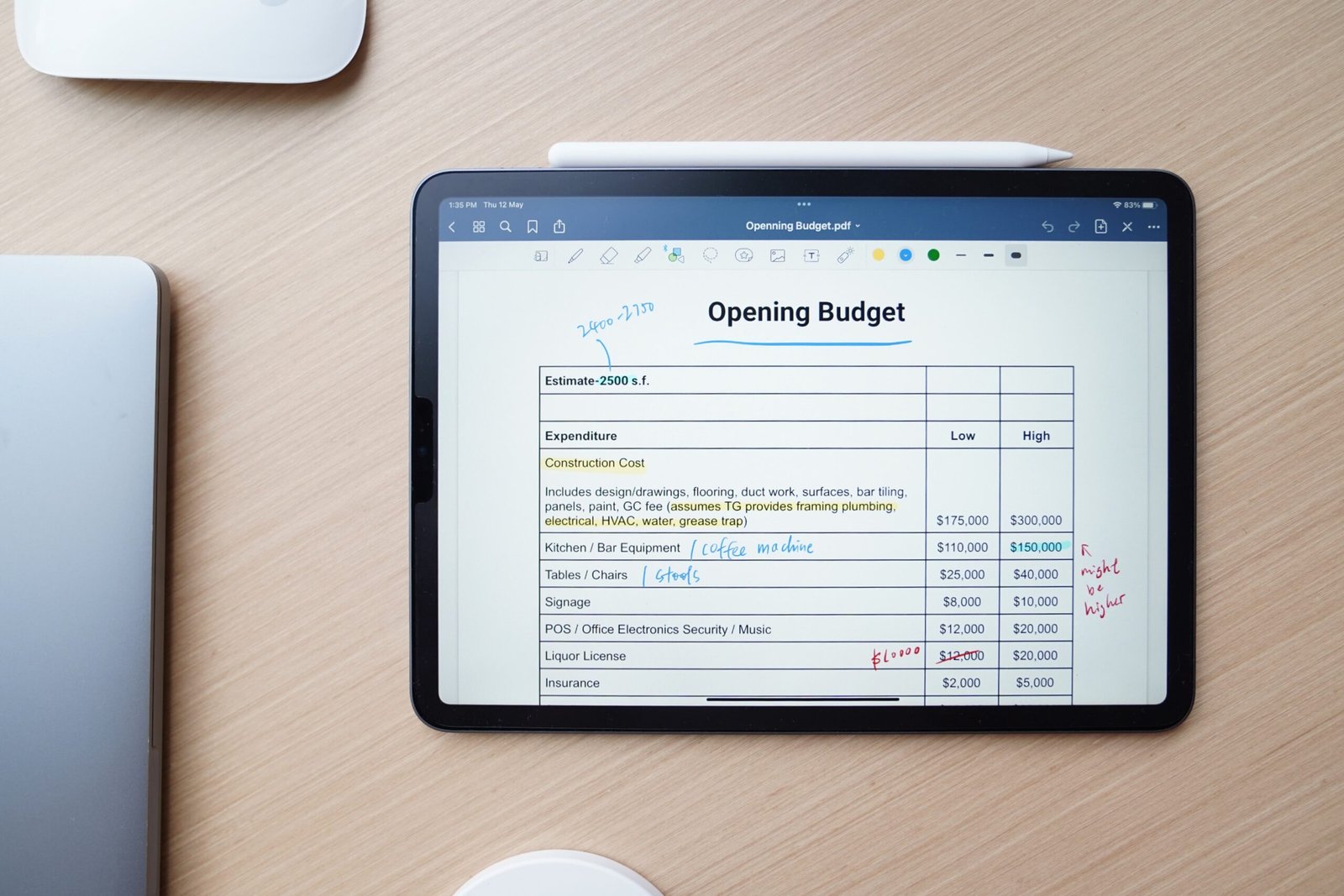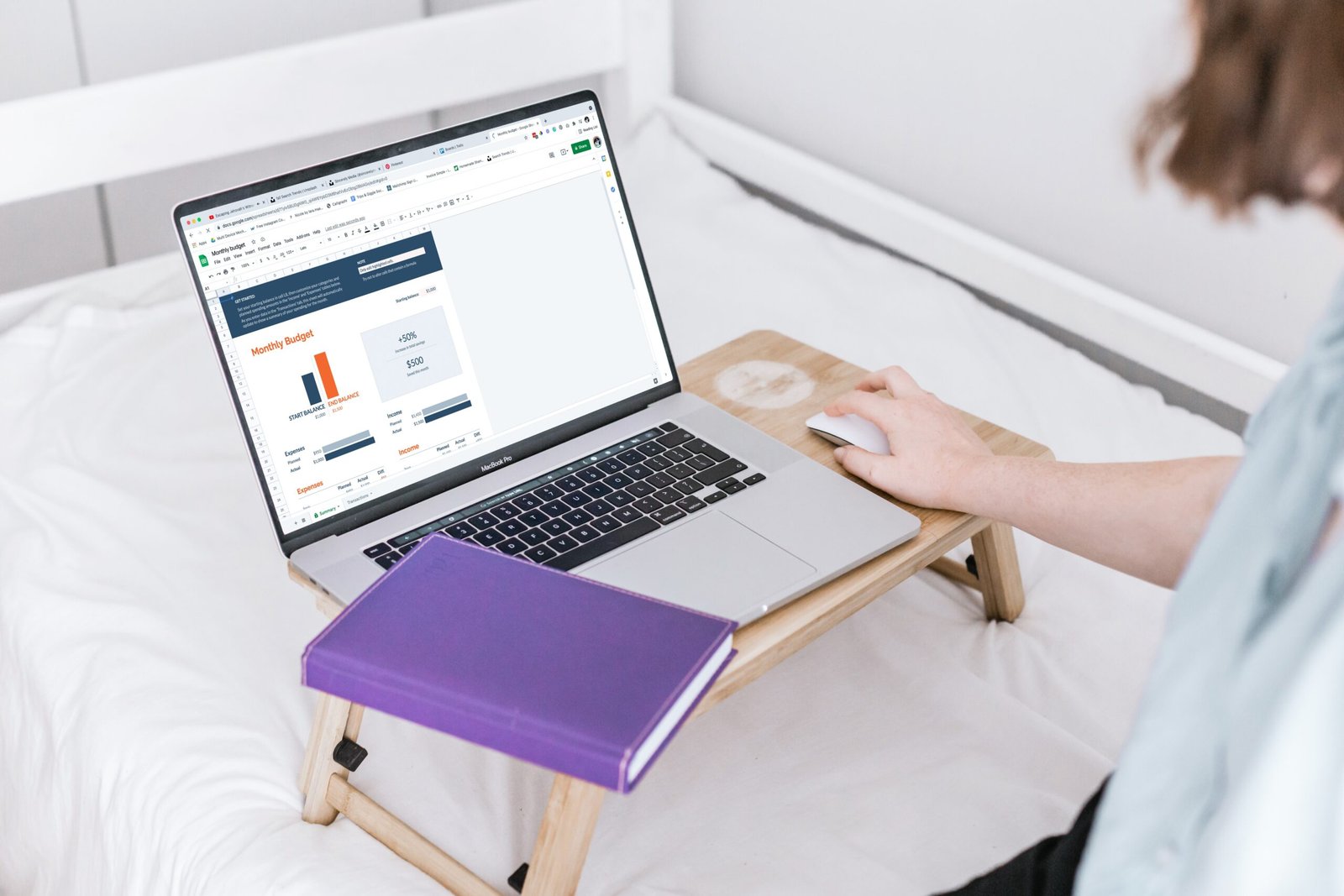Introduction
Are you tired of constantly feeling like your money is slipping through your fingers? Do you find yourself making impulse purchases that you later regret? If so, you’re not alone. Many people struggle with unnecessary spending habits that can wreak havoc on their finances. In this blog post, we will explore the top 10 ways to reduce these habits and regain control over your money.
1. Create a Budget and Stick to It
One of the most effective ways to curb unnecessary spending is to create a budget. Start by tracking your income and expenses to identify areas where you can cut back. Set realistic goals and allocate specific amounts for different categories, such as groceries, entertainment, and clothing. By sticking to your budget, you’ll be able to prioritize your spending and avoid impulsive purchases.
2. Identify Your Triggers
Understanding the triggers that lead to impulsive buying can help you overcome them. Is it stress, boredom, or the fear of missing out? Once you identify your triggers, find healthier alternatives to cope with these emotions. For example, instead of splurging on a shopping spree when you’re stressed, try exercising or practicing mindfulness techniques.
3. Practice the 24-Hour Rule
Before making any non-essential purchase, give yourself 24 hours to think it over. This rule allows you to evaluate whether the item is a true necessity or just a fleeting desire. Often, you’ll find that the urge to buy dissipates after some time, saving you from regret and wasted money.
4. Unsubscribe from Retailer Emails
Retailer emails are designed to entice you with discounts and limited-time offers. To avoid falling into the trap of impulse buying, unsubscribe from these emails. This simple action will help reduce the temptation to make unnecessary purchases and keep your inbox clutter-free.
5. Plan Your Purchases
Instead of making spur-of-the-moment purchases, plan ahead. Create a shopping list and stick to it. Research prices, compare options, and read reviews before making a decision. By approaching purchases with intention and careful consideration, you’ll be less likely to make impulsive choices.
6. Use Cash Instead of Cards
Studies have shown that people tend to spend more when using credit or debit cards compared to cash. To curb unnecessary spending, try using cash for your daily expenses. This tangible form of money makes you more aware of your spending and can help you stay within your budget.
7. Avoid Retail Therapy
Many people turn to shopping as a way to boost their mood or alleviate stress. However, this temporary relief often leads to long-term financial strain. Instead of relying on retail therapy, find healthier alternatives such as spending time with loved ones, engaging in hobbies, or practicing self-care activities.
8. Set Savings Goals
Having a clear savings goal can motivate you to cut back on unnecessary spending. Whether it’s saving for a vacation, a down payment on a house, or an emergency fund, set specific targets and track your progress. Seeing your savings grow will give you a sense of accomplishment and encourage you to continue making smart financial choices.
9. Practice Mindful Spending
Mindful spending involves being fully present and intentional with each purchase. Before buying something, ask yourself if it aligns with your values and priorities. Consider the long-term impact of the purchase and whether it will truly enhance your life. By practicing mindful spending, you’ll make more informed choices and reduce impulsive buying.
10. Seek Support
Changing spending habits can be challenging, but you don’t have to do it alone. Seek support from friends, family, or even online communities that share your goal of reducing unnecessary spending. By surrounding yourself with like-minded individuals, you’ll find encouragement, accountability, and valuable tips to stay on track.
Conclusion
Reducing unnecessary spending habits and impulse purchases is a journey that requires conscious effort and commitment. By implementing these top 10 strategies, you’ll regain control over your finances and achieve greater financial freedom. Remember, it’s not about depriving yourself but rather making intentional choices that align with your goals and values.
Call to Action
Start your journey towards financial freedom today. Share this blog post with others who may benefit from these strategies, and together, let’s conquer unnecessary spending habits and embrace a more mindful approach to our finances.
FAQs
Q: How long does it take to see results?
A: Results may vary depending on individual circumstances. However, by consistently applying these strategies, you should start noticing positive changes within a few weeks to a few months.
Q: Can I still treat myself occasionally?
A: Absolutely! It’s important to strike a balance between saving and enjoying life. Budget for occasional treats or rewards to avoid feeling deprived and maintain motivation.
Q: What if I slip up and make an impulsive purchase?
A: Slip-ups happen, and it’s important not to be too hard on yourself. Reflect on what led to the impulsive purchase, learn from the experience, and get back on track with your spending goals.
Tips
– Keep a spending journal to track your expenses and identify patterns.
– Avoid shopping when you’re feeling tired or hungry, as these states can impair judgment.
– Consider implementing a “no-spend” challenge for a set period to reset your spending habits.
– Take advantage of free or low-cost activities in your community for entertainment.
– Prioritize experiences over material possessions, as they often provide longer-lasting satisfaction.









